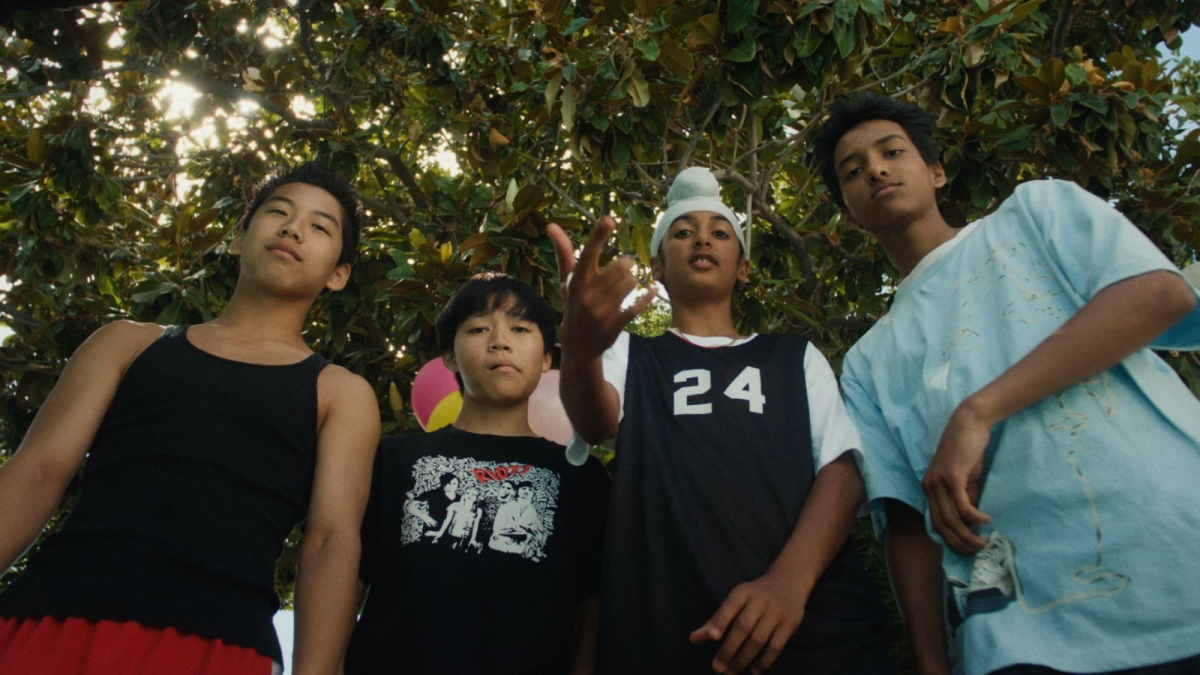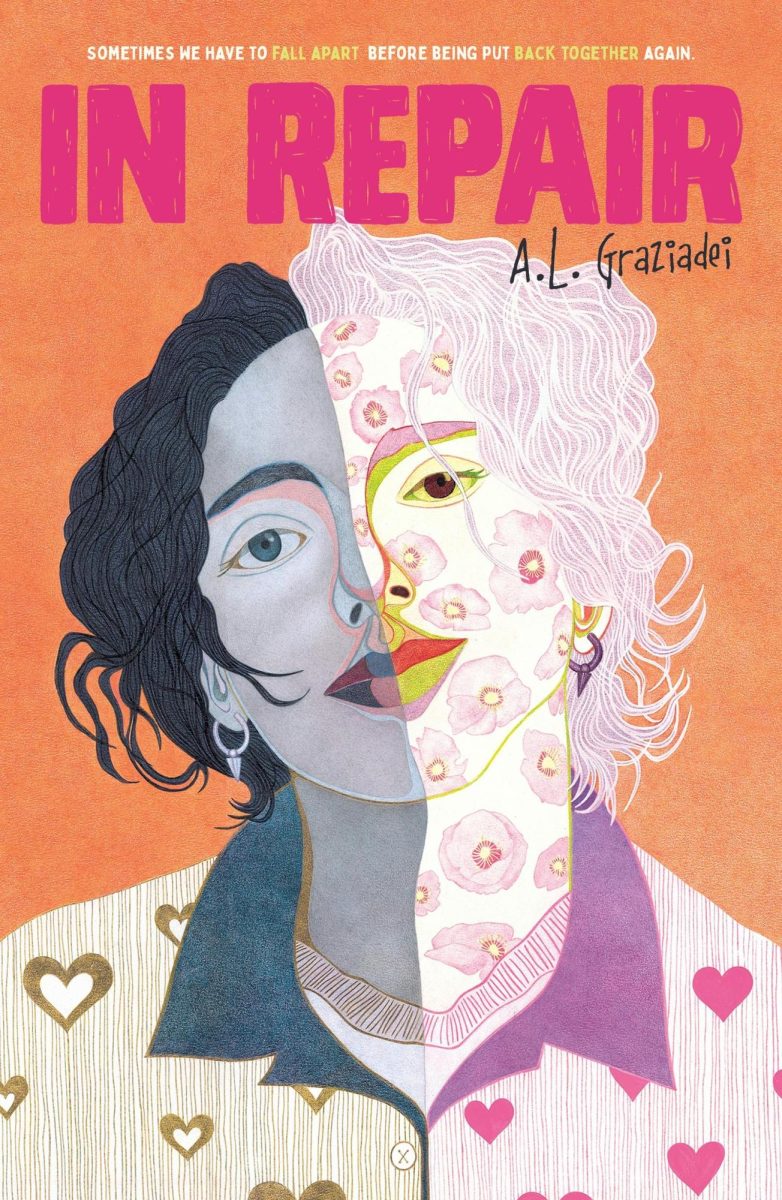Over the past fifteen years, the percentage of Asian characters with speaking roles in Hollywood has shot up from three percent to sixteen percent. Thanks to films such as Crazy Rich Asians, Everything Everywhere All at Once, and other blockbusters, Asians stand in the cinematic limelight today more than they ever have before. These blockbusters, however, only constitute a fraction of Asian-led films. Every year, passionate filmmakers direct numerous, often independent films that tell their stories in all genres: coming-of-age, immigrant narratives, and romance. To celebrate AAPI Month, here are four poignant dramas that spotlight Asian-American experiences.
Dìdi (2024)
A coming-of-age dramedy, Dìdi is a love letter to teenage wanderlust. Bewitched by vintage YouTube, skater boys, and the promise of escape, thirteen-year-old Chris eludes his married-yet-single mother Chungsing to wander the map of adolescence. Burdened by internalized hatred, he struggles to land both his skateboard and his place in the world.
The details really sell this one as a late 2000s film. The characters text on AIM, love pranks, and utter phrases that would now warrant a double-take. Both the yellowish, homely tones and the interspersed YouTube footage evoke nostalgia for a past era. For us, perhaps not for the late 2000s. But at least a childhood where our lives were unpolluted by screens.
Ultimately, this semi-autobiographical story features unfiltered, blunt, and relatable characters whose authenticity makes their struggles feel tangible, allowing us to connect with their hardships. As the tagline goes, this one is “for anyone who’s ever been a teenager.”
The Farewell (2019)
A story about a family affair, The Farewell explores the unanswerable choice between traditional Eastern and modern Western values. The plot follows headstrong Billi as she tries to come to terms with her family leaving her grandmother ignorant of her cancer. The burden of her sickness thus falls on the family, not her grandmother, her parents say.
One way that the film expresses this divide is through Billi and her mother. In one scene, Billi tearfully recounts how she was forbidden from returning to China for her grandfather’s funeral. Her mother Jian’s immediate reply was that she had school. Like many Asian parents, Jian prioritizes intellect over emotion. To her, fostering success is fostering love: a language lost in translation across continents and cultures.
While I am not the biggest fan of Awkwafina, she truly is the heart of the film. Her performance left me and my family a sobbing mess by the end.
Past Lives (2023)
From picturesque cinematography to poignant dialogue, Past Lives, directed by Celine Song, is poetry in motion. The plot follows friends Nora and Hae Sung from childhood to their early thirties as they debate the role of fate, or inyeon, in their lives.
Complemented by a symphonic, bubbling score, conversation takes center stage. Nora and Hae Sung’s conversations evoke those of almost-lovers: they’re intimate, flirty, and philosophical. But it’s Arthur, Nora’s Jewish husband, who intrigued me the most. Take my favorite line, for example, when he tells Nora, “You dream in a language I can’t understand.” His fear of missing out on her “Koreanness,” which Hae Sung intensifies, trumps his worry of an affair.
Introspection beats drama in this one. Prepare for tears again, especially if you’re a fan of what-if stories.
Minari (2020)
Minari, a Korean herb that can root itself in foreign ground and still flourish, is like their family: South Korean immigrants who move from California to rural Arkansas to begin a new life. The Yis—Jacob, Monica, and their two children—must earn a living and a home despite job struggles, their eccentric grandmother, and young David’s heart condition.
Said grandmother steals her scenes with grace. Soon-ja moves in with the Yis to take care of their precocious children, soon bonding with David (though he first fears her lack of American, grandmotherly doting). Her petty mischief and Jacob and Monica’s stoic (but not quite severe) nature reflect the colors of the American Dream that they so desperately pursue: the lustrous freedom to live life however they please and the bleak work required to simply arrive there.
Through tribulations and ultimate triumphs, Minari tells one of the many stories narrating the immigrant experience. It is through its soft, tenderhearted lens that we see how grainy, how imperfect, how personal these experiences can be.









